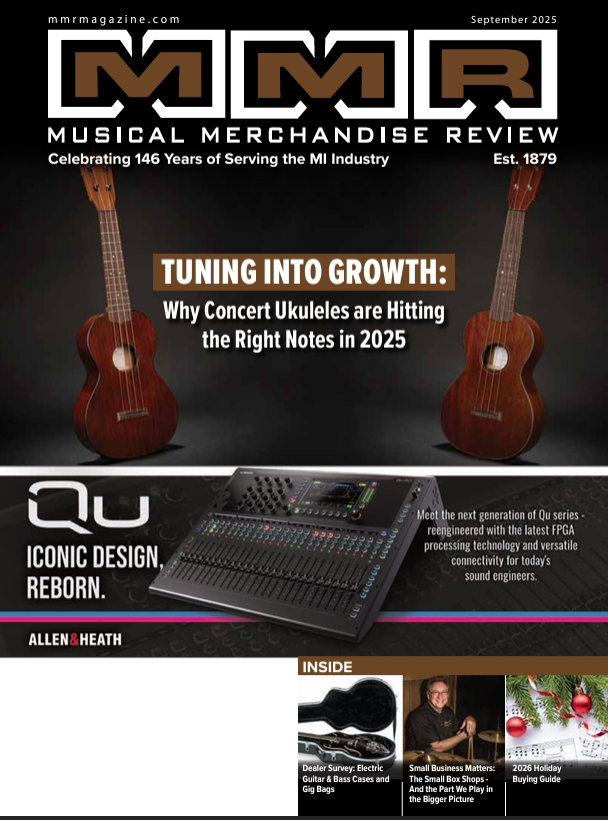 In New York City: Trash Bar, Public Assembly/Black Bear Bar, The Continental, Hank’s Saloon; In Boston: TT The Bear’s Place, The Abbey Lounge, Thunder Road, Radio, Great Scott, Beachcomber, Sally O’s, Bill’s Bar, Church, Penalty Box, Bulfinch Yacht Club.
In New York City: Trash Bar, Public Assembly/Black Bear Bar, The Continental, Hank’s Saloon; In Boston: TT The Bear’s Place, The Abbey Lounge, Thunder Road, Radio, Great Scott, Beachcomber, Sally O’s, Bill’s Bar, Church, Penalty Box, Bulfinch Yacht Club.
The above is just a partial listing of music venues I’ve played in that have closed in recent years. This isn’t a phenomenon exclusive to the Northeast (Austin: Threadgill’s, Shady Grove, Barracuda, Beerland, Holy Mountain, Plush, The Sidewinder, Red 7, Red Eyed Fly, the North Door; San Francisco: Slim’s, Amnesia, Hemlock Tavern, Uptown Nightclub, Club Deluxe, PianoFight) and it’s also not limited only to places to perform – and view – live music.
After 16 years as a tenant of Charlestown Rehearsal Studios (CRS) in Boston, a large former commercial warehouse on one of the less-“Instagram-worthy” stretches of the city’s waterfront, I was recently told – along with the other over-900 musician and creative lease-holders – that the practice rooms were soon to be converted to storage spaces, an option that provides for greater profit per square footage. Prior to CRS, I had been a practicing musician at Sound Museum, Denby Street, EMF, and Starlab, all of which are now shuttered. As of this writing, CRS is the last remaining commercial rehearsal space within Boston city limits.
There is often plenty of hand-wringing within MI regarding online and big-box competition, shrinking margins, supply-chain issues, and more – and all for very good reason. But if there are no places in urban centers for musicians of all ages to hone their craft and no venues for fans to enjoy music of all genres, other than larger arenas which exclusively host established, nationally and internationally touring acts, then that is an issue that should concern our community.
It does concern a few.
“Today there are few, if any, advantages to operating in the Bay Area,” says Gallien-Krueger’s Robert Gallien in this issue’s Market Profile on page16. “Most of the studios, music retailers, and venues have vanished.”
This is the conundrum facing all “economically successful” U.S. metro areas in 2023. It’s great when tech, gaming, bio-tech, and whatever other industries embrace a city and inject revenue and population into the region, but if property owners make the (entirely understandable) decisions to choose the greater profit of selling or converting usage from rehearsal rooms to lab space, affordable retail space to high-end condos, or music stages to upscale dining, it then robs those metros of many of the reasons folks want to locate there in the first place. “Oh, I’m so glad I moved to Austin (sub in Nashville, Cambridge, Brooklyn, San Francisco, Seattle…) – there’s so much ‘culture’ here!” Cue to five years later: “Wait… where are all the clubs? What happened to all the bands? Why are there no small theaters or art galleries?”
What sort of “global city” has virtually no native music & arts scene?
In recent weeks, I and other lease-holders have been meeting with CRS ownership, Boston city councilors, and arts advocacy groups. The ultimate fate of my creative home is up in the air – which, to be very clear, is far preferable to a simple, “Pack your bags, loser! You’re out on your ass next Friday!” – and my hope is for a reasonable and rational meeting of commerce and profit with creativity and culture, for both myself and my city, but also everywhere else in the nation, and the world. Independent music retailers, educators, musicians, venues, practice spaces, restaurants, bars, retail, et cetera: it’s an interdependent structure. If it becomes impossible for any one of those components to operate in a city, you weaken the entire structure.
I’ll share a similar list to how I began this column, but this time with respect to MI retail stores I used to be a patron of that are no longer in metro Boston – because of precisely what I’m talking about: Cambridge Music Center, Daddy’s Junky Music, Jack’s Drum Shop, Rayburn Music, LaSalle Music, E.U. Wurlitzer. Those were businesses owned and run – for years – by your colleagues.
The big picture isn’t limited to what a person’s annual income is, the profit-margin of an employer, or the tax breaks a region may offer businesses. Without protecting and ensuring space for arts, entire regions lose first their identity and, ultimately, a key component of the very economic engines that initially spurred growth.
I don’t have all (or possibly any!) of the answers, but I can say it’s a concern that more folks should have frontand- center and be actively seeking solutions to.




























